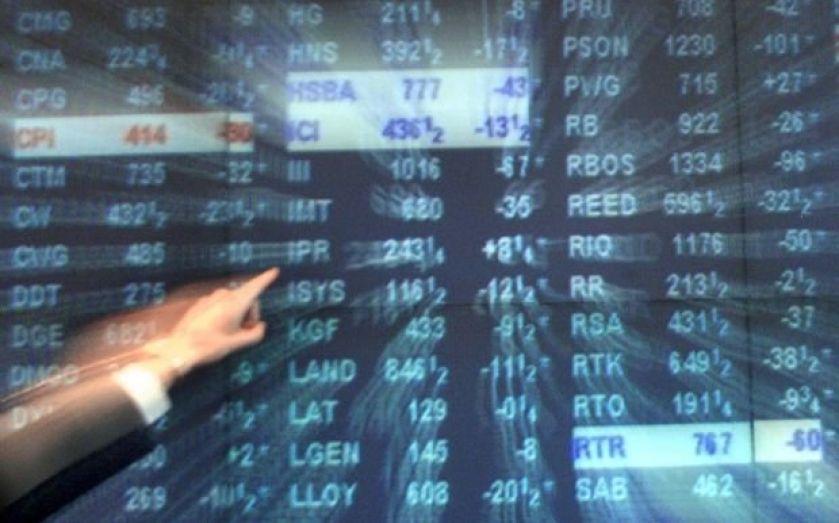After a dismal year for the FTSE 100, could 2015 finally see it go past the 7,000 mark?

Laith Khalaf is senior analyst at Hargreaves Lansdown, says Yes.
As we enter 2015, the prospects for UK stock markets and the FTSE 100 in particular are finely balanced. There are a number of destabilising events at play.
First, the general election in May is likely to give the markets a case of the jitters, and the timing of interest rate hikes from the Bank of England and the Federal Reserve in the US are likely to continue to be festering worries. On the other hand, while a falling oil price will no doubt take its toll on the profits of oil companies, it will eventually feed through into the pockets of consumers and the bottom lines of many UK businesses.
In terms of current stock valuations, the market looks close to its long-term average, which supports the idea that we could go either way from here in the short term. So will the FTSE hit 7,000 next year? It really comes down to whether you think the glass is half full or half empty; given the potential for a rapid pick-up in consumer spending, I would plump for half full.
Michael Ingram is a market strategist at BGC Partners, says No.
In principle, 7,000 for the FTSE 100 next year is perfectly achievable. But some perspective is required. At the end of last year, consensus saw the FTSE at 7,169 by the end of 2014. Even after last week’s Fed-inspired rally, we are still about 500 points short of that. Thus, 7,000 for next year merely represents a “stopped clocked” recommendation, from a uniformly bullish consensus, that’s actually 2 per cent lower than this year’s forecast.
One day, it will prove correct, but that doesn’t imply any market insight. It’s useful to reflect on some of the causes of this year’s dismal performance. Contrary to popular belief, the FTSE has little to do with the UK economy – some 85 per cent of the index’s earnings come from overseas.
The hoped for broad-based expansion of the global economy has failed to materialise this year. Will it next? Earnings estimates for the FTSE 100 for next year are still falling in parallel with GDP forecasts outside of the US, so good luck.